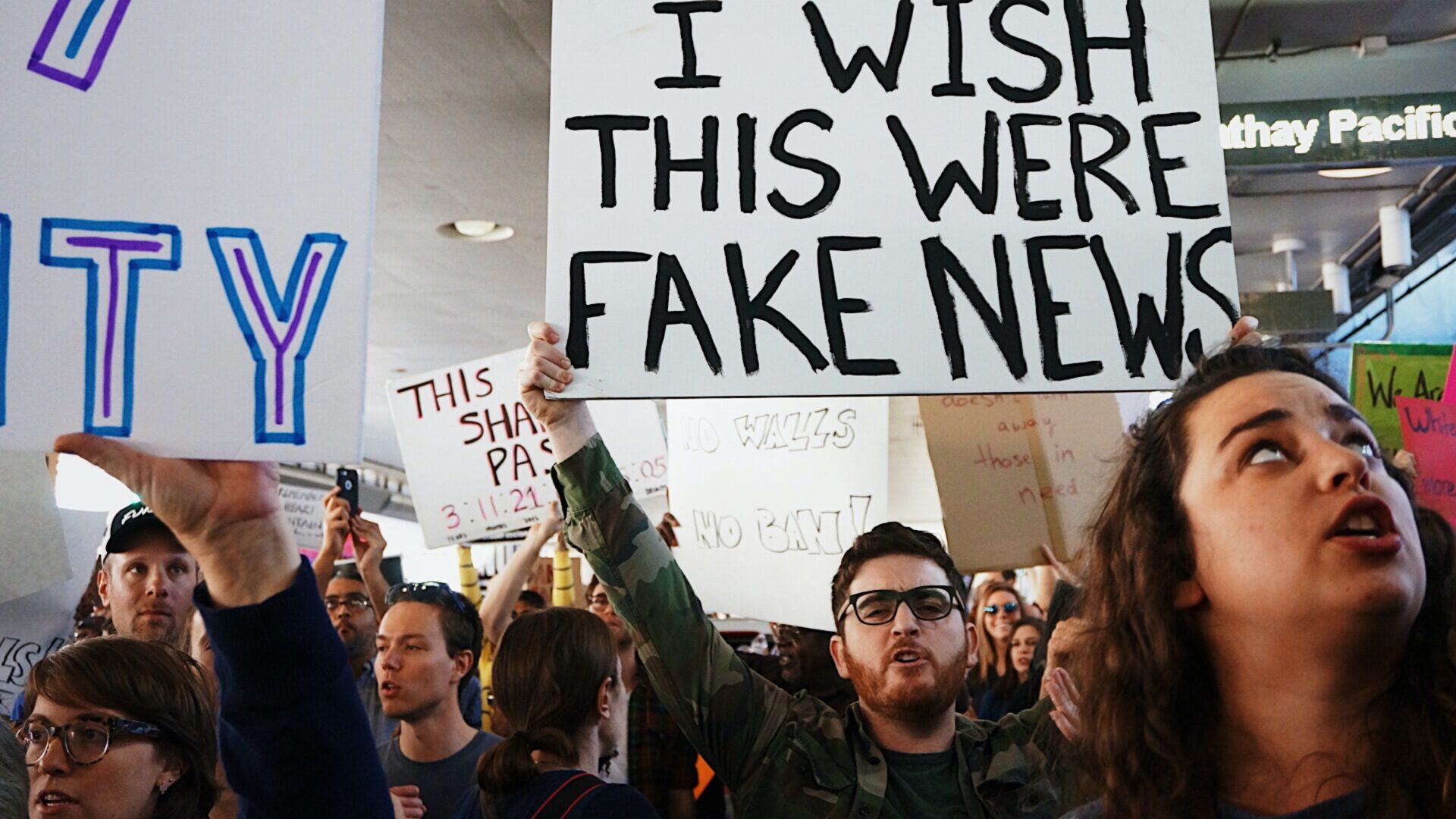
How to cope with violence in the media
This blog is part of a series for Be A Better Human and Respect Now Always at UNE.
For many of us, all it takes is a news headline to pop up or a graphic image in our social feed that will change our entire headspace for the day.
We have all seen headlines dominated with words surrounded by “death,” “brutality,” and “violence.”
Some headlines and news images can be extremely triggering for people. The reporting of the Australian bushfires last year was a very anxious time for Australians and the world, and with images of the communities and wildlife impacted by the bushfires for weeks, it was hard to not feel helpless watching it all unfold.
Fast track a few months and the news has turned to saturated broadcasting covering COVID-19 with unsettling statistics growing by the day and the behaviour in supermarkets had many of us feeling pretty terrified to leave the house.
And, most recent is the video footage of George Floyd’s last moments circulating media channels for days – that one was incredibly hard to watch.
So how do the images we see on the news affect our mental health, and how can we cope with those emotions?
We don’t get to control what we see on the news, but we could possibly manage how it makes us feel.
Sometimes it’s easy to switch off mentally and realise how a graphic image has subconsciously played havoc with our mood and behaviours.
While people may not develop a psychological disorder from seeing graphic images and events on the news, they can still experience a variety of strong emotions like fear, sadness, grief, and anger – especially when a person might indirectly relate to an event and the images they see can act as traumatic triggers.
Some symptoms related to violence in the media can include;
- Depression
- Intruding thoughts
- Difficulty sleeping
- Anger
- Apathy
- Emotional numbing
FYI – these are totally normal reactions and feelings to experience.
The World Health Organisation has defined violence as the “intentional use of physical force or power, threatened or actual, against oneself or another person, or against a group or community which either results in or has a high likelihood of resulting in injury, death, psychological harm, maldevelopment or deprivation.”
However, dealing with the emotional toll of violence within the media can be both overwhelming and exhausting.
Here are some steps to cope with traumatic news when you can’t seem to get away from it:
Take a break
We’re talking about the news and social media
This one might seem pretty obvious, but when you think of how often you check your social media or pick up your phone in a single day – then you kind of realise how that could potentially be the first place to start. Try having an hour-long break from picking up your phone and flicking through social media and find something else that takes your mind off it like going for a walk with a friend… or that assessment…
Take a step out
Of your own head – find your headspace
Those intruding thoughts can be non-stop and super exhausting. Try and find some peace within your thoughts through yoga or meditation – check out UNE Biomedical lecturer Dr Gal Winter’s article on how meditating and yoga have some amazing benefits to our cognitive health and how we respond to stress.
Some other mindful activities can include:
- art
- listening to music
- exercise
- taking a hot shower or bath
Focus
On the helpers
After a traumatic event it is easy to spend so much time consuming the coverage of it, but instead of focusing your attention on the perpetrators, try and focus on the people who are helping – like the front line workers during the pandemic or first responders at a terrorist attack.
“Focusing on the good in the world might seem small, but it’s sure to help you regroup and keep perspective.” – Lily Herman for Allure
Sometime evening contributing to the help or donating to charity’s and organisations involved within an event like the Bushfire Appeals can be a great way to overcome the helplessness you might be feeling.
Talk it out
Getting it out can be a relief
Nothing helps like talking it out! Finding someone you can speak to can help relieve some of the emotions you might be feeling. It can be a friend, family member, or mental health professional. At UNE we offer confidential counselling to staff and students, and if you aren’t sure where to begin, you can pop by Advocacy and Welfare for a chat! We are here to help.
Our team at Advocacy and Welfare offers confidential support to students! You can contact us here.
Student Success also has confidential counselling for students, you can find them here.
Lifeline is also a 24/7 hotline and you can call them on 13 11 14


